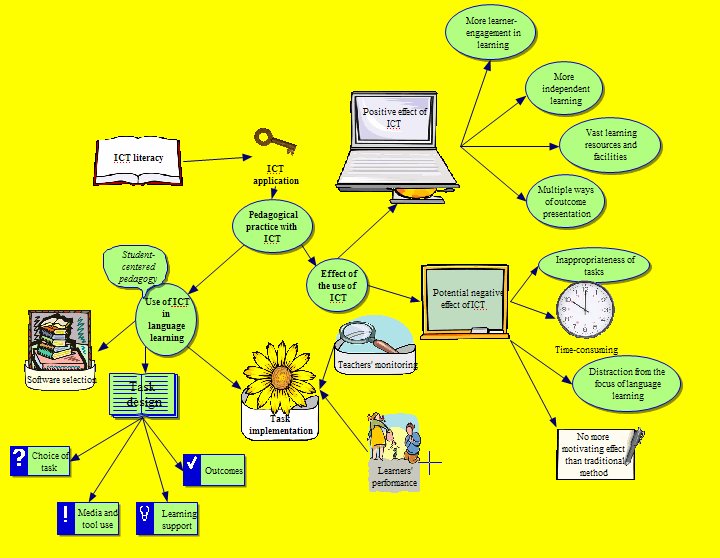Digital devices are popular with young people today and digital age affects the way young people think, act and grow.
Although China has just begun her steps to move forward the digital age, there are considerable examples to illustrate this point. For example, even kids of only 4 or 5 years old know how to use camera to record their daily details, which was quite unimaginable in the past years. My daughter, who is 9 years old, used the camera when we led her to the tiger park and she herself played the camera and recorded what she said like a hostess in the television station. This may account for the fact that in the past in contrast to today, only few kids were keen on becoming a host or a hostess, for they seldom had the chance to practice, which confined their imagination.
When my daughter's school calls for writing, she sometimes copies her writing with a thumb drive and takes it to her teacher, and sometimes prints the writing out. Her way of doing so makes her teacher pleased of offering her more opportunities to write, because she submits nicer copies. This increases her happiness in writing and also contributes to her confidence in studying.
Nowadays, most of the youngsters are fond of working with computers and internet to search for information and for communication. Because of the wide spread of ICT (information and communication technology), the youngsters seem more mature than their prior generations. They know what happens in the world everyday, they know how to get involved in social activities, they know the ways to solve problems all by themselves, and they know how to entertain themselves with vast resources of music, movies, or games. It seems that the whole generation of the young people is getting into the digital age.
However, it is also a fact that some of the youngsters are not quite familiar with IC technology. Some of them are from the poor villages of far distant countryside and have never seen a real computer in their life. While some have very strict parents, who are used to ordering them to study only from textbooks, because they are afraid of the kids’ being misled by some of the internet information. For the latter, in their years of growing up, they are always frustrated by the fact that all their fellow students are familiar with the new technology while they are not, feeling themselves an idiot, illiterate of the new technology.
Therefore, it seems that although digital age is coming, the whole society, especially educators should still find ways to shorten the distance between the literate young people and the illiterate ones, which may finally helps the construction of an ICT-literate society.
